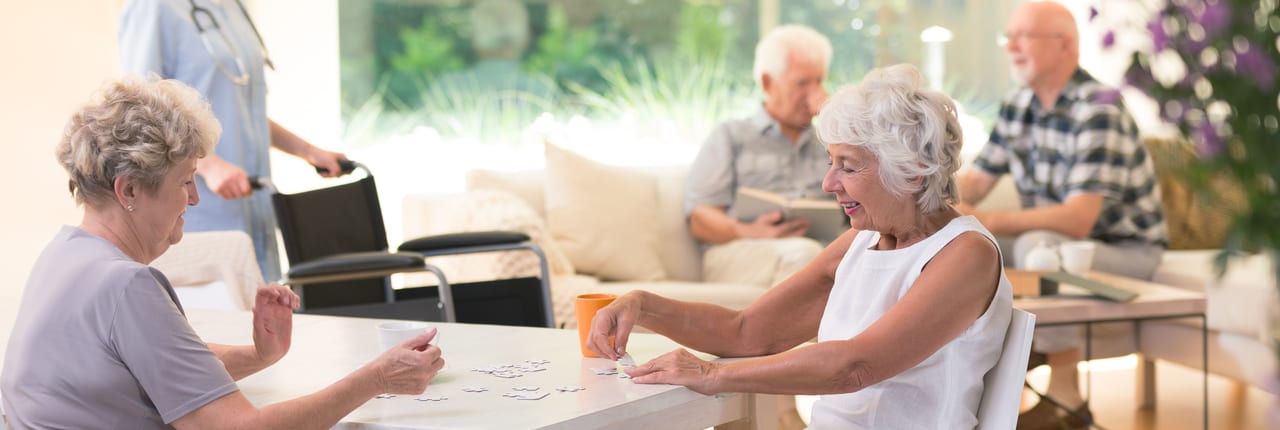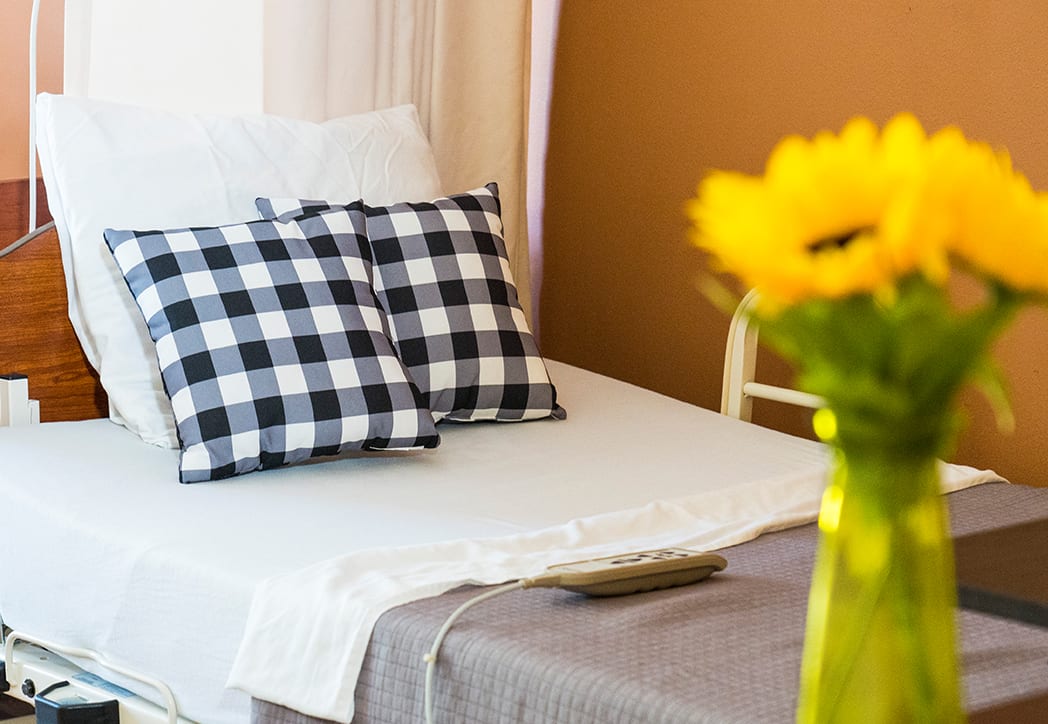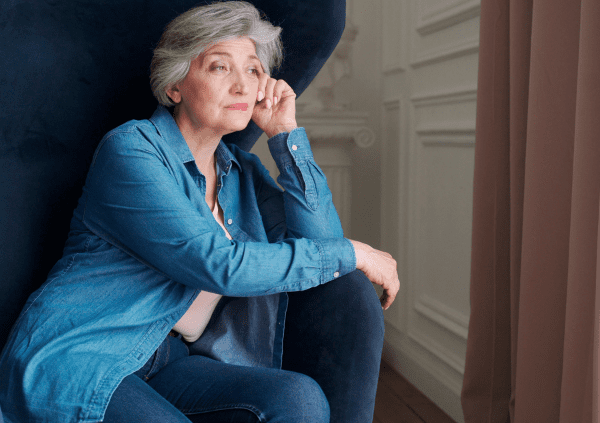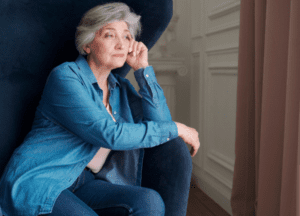
This time of year, you may be a little moodier, have a lack of energy, or feel disconnected from others. You’re not alone. Seasonal Affective Disorder or SAD is a common type of depression that happens around the winter months. According to the Mayo Clinic, other symptoms can include irritability, difficulty concentrating, weight gain, sleeping too much and feeling hopeless. While there isn’t a specific way to prevent SAD, an easy and inexpensive way to manage symptoms is with light therapy.
Using Light Therapy to Treat SAD
Phototherapy or light therapy is an effective treatment for seasonal affective disorder.
Dr. Craig Sawchuk, a Mayo Clinic psychologist, says light therapy affects brain chemicals that are linked to mood and sleep by giving off a light that is similar to natural outdoor light. He recommends using a 10,000-lux light box or lamp for 20 minutes within an hour of waking up.
“You don’t have to stare directly at the light, but you want to keep your eyes open,” suggests Dr. Sawchuk. He recommends people eat breakfast or read the paper near the light.
Light at the End of the Tunnel
Talk to your doctor if you are feeling the symptoms of seasonal affective disorder and want to consider phototherapy. In most cases, SAD symptoms often fade around spring or summer.
At Advena Living, we know how difficult these cold winter months can be. We encourage our community members to get involved with social activities and get some vitamin D when the weather permits.
About Advena Living
Advena Living communities offer long-term care, skilled nursing and assisted living services at multiple locations in Kansas. We are dedicated to the vision that each person has value, and we should honor their individual choices. Even in a heavily regulated environment, Advena Living understands the importance of making home a real thing. We do this through the pursuit of person-centered care, the preservation of autonomy, and participative decision-making throughout the organization.
When a person moves into one of our Advena Living communities, our goal is to welcome them and their family as new members of our extended family. We work hard to accommodate what they want their schedule to be and what choice they want to make.












